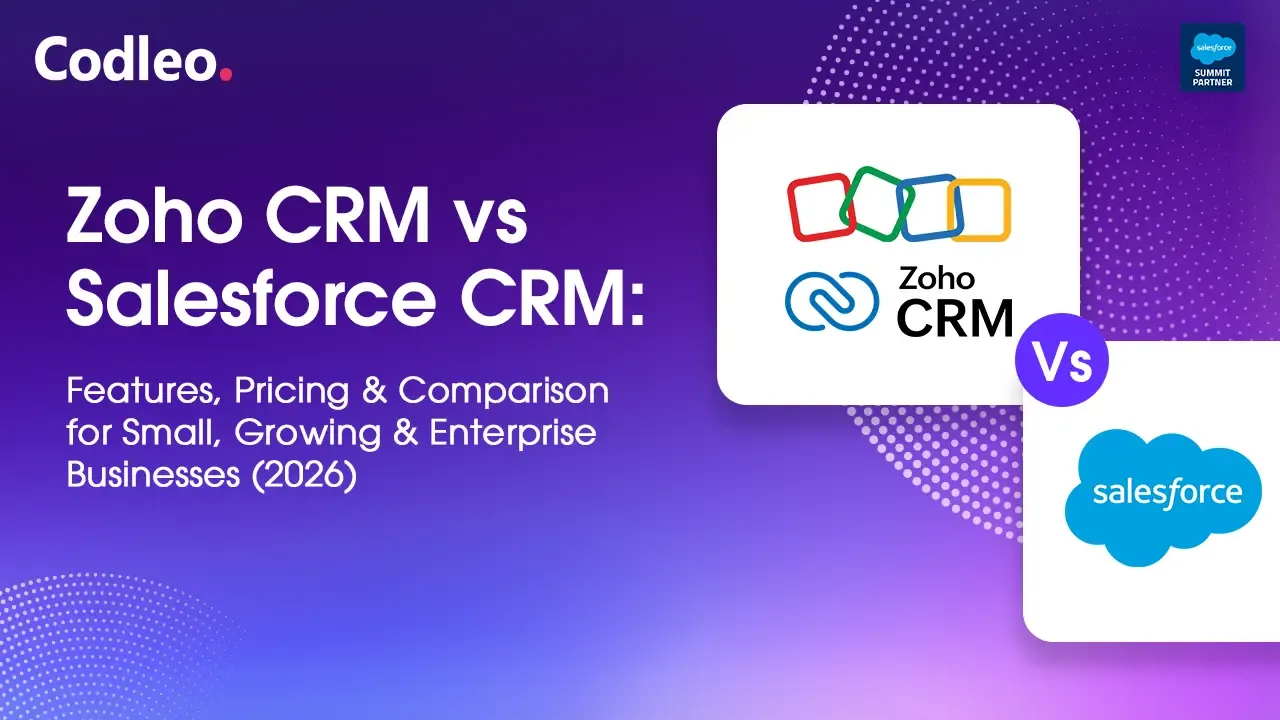Publish date:
As you navigate through the rest of your life, be open to collaboration. Other people and other people’s ideas are often better than your own.” – Quote by Amy Poehler, an American actress.
Let’s begin by defining what is a project and then we will move to what is project management? Project is defined as a short-term task undertaken by a person or persons to create a novel product or a service. It is the coming together of a set of operations for a greater good. Some examples are the construction of a road in the tribal region of Chhattisgarh, the creation of new a mobile app in Silicon Valley or the launch of a new tourism initiative in Varanasi.
Project management is, therefore, the application of the set of knowledge, skills, tools, and techniques to complete the task/project at hand and bring it to a logical conclusion. It is a specialist job that always requires a manager to multi-task and be on top of all situations.
Project management can be broken up into 5 distinct phases:
-
Initiating
-
Planning the project keeping in mind all issues to ensure a smooth flow
-
Executing the project from start to finish
-
Monitoring and measuring the project, deadlines, resources, issues, etc.
-
Closing the project successfully.
Project management draws its strength from the following areas:
-
Integration
-
Scope
-
Duration of project
-
Finances involved
-
Quality in all aspects
-
Purchase
-
Manpower
-
Information
-
Risk management
-
Stakeholder management
Running a successful business can be a daunting task whether you are a family-run small business or a large conglomerate which is transnational. There are numerous challenges which are faced on a daily basis such as employee efficiency, supply lines, and many more which hamper project management. Now the advent of technology has come to the rescue in the form of project management software and various tools. These tools help business owners/management to effectively organize work and smooth running of processes, tasks, and projects. It is particularly useful for businesses to turn to these tools to turn around their fortunes or just stay on top of the game.
Here are some reasons why businesses should adopt these project management tools:
Tracking expenses – As we all know, businesses need to keep a strict eye on their finances and maintain a tight purse in order to keep the boat sailing even under pressure. These tools enable owners to keep track of estimated costs, outgoing payments, and purchases as well as major cost products. Budgeting is easier and wasteful expenditure curtailed.
Time Management – Good project management means that timelines are adhered to and the project finishes on time. Project Management Tools enable you to monitor the progress of projects.
Transitioning to technology – The sophisticated and error-free experience has prompted many to switch to technology and benefit accordingly.
Organizational revamp – These tools aid in improving efficiency, accuracy, and output in an organization.
Effective Evaluation – A strong evaluation system boosts team spirit, provides valuable employee feedback and leads to increased productivity
A good project manager and a well-defined project scope are the keys to its success. Empower businesses and yourselves by adopting the best practices and tools to make projects a super success.
Must read: FIVE DIFFERENT PHASES OF PROJECT MANAGEMENT















